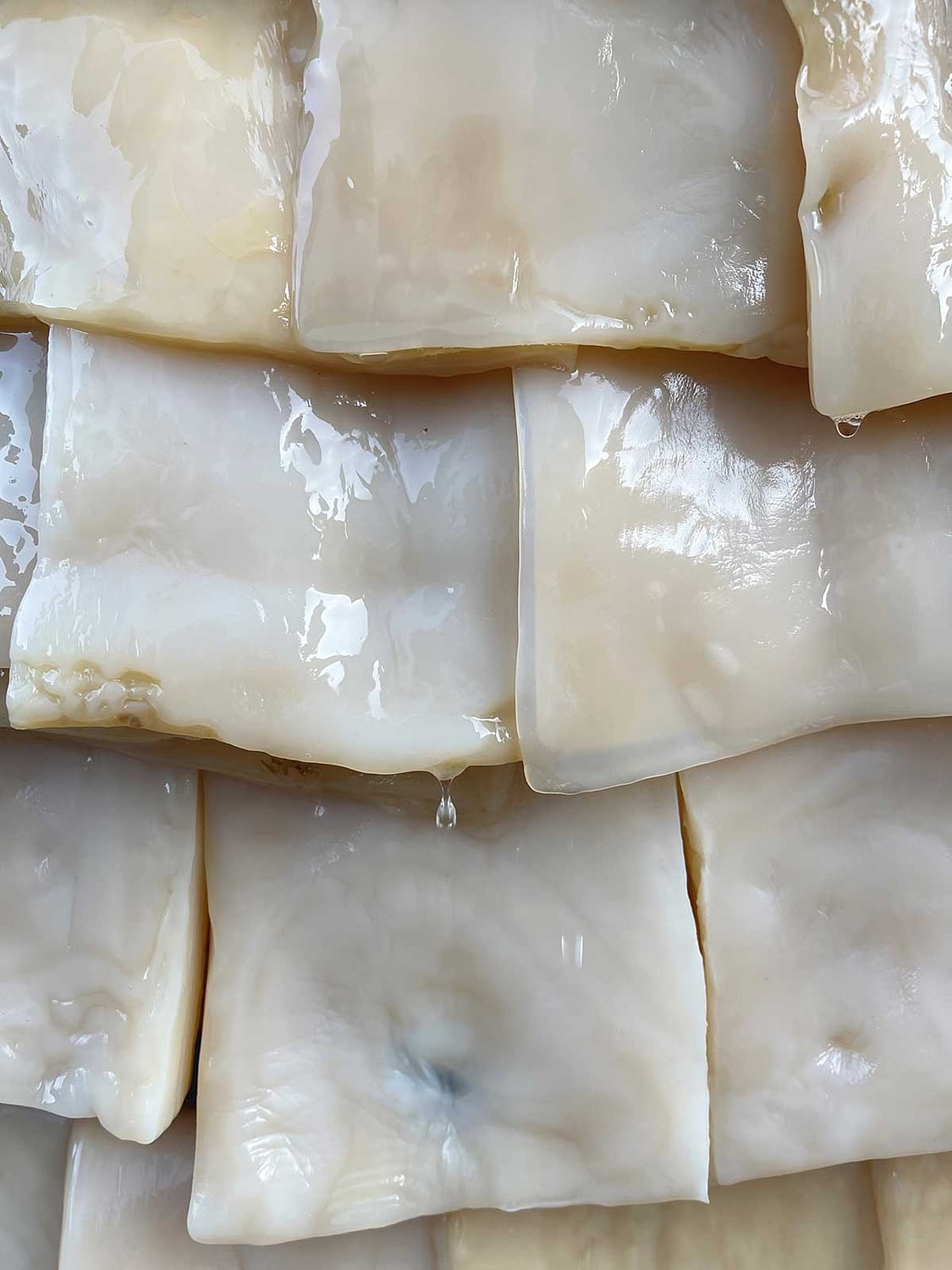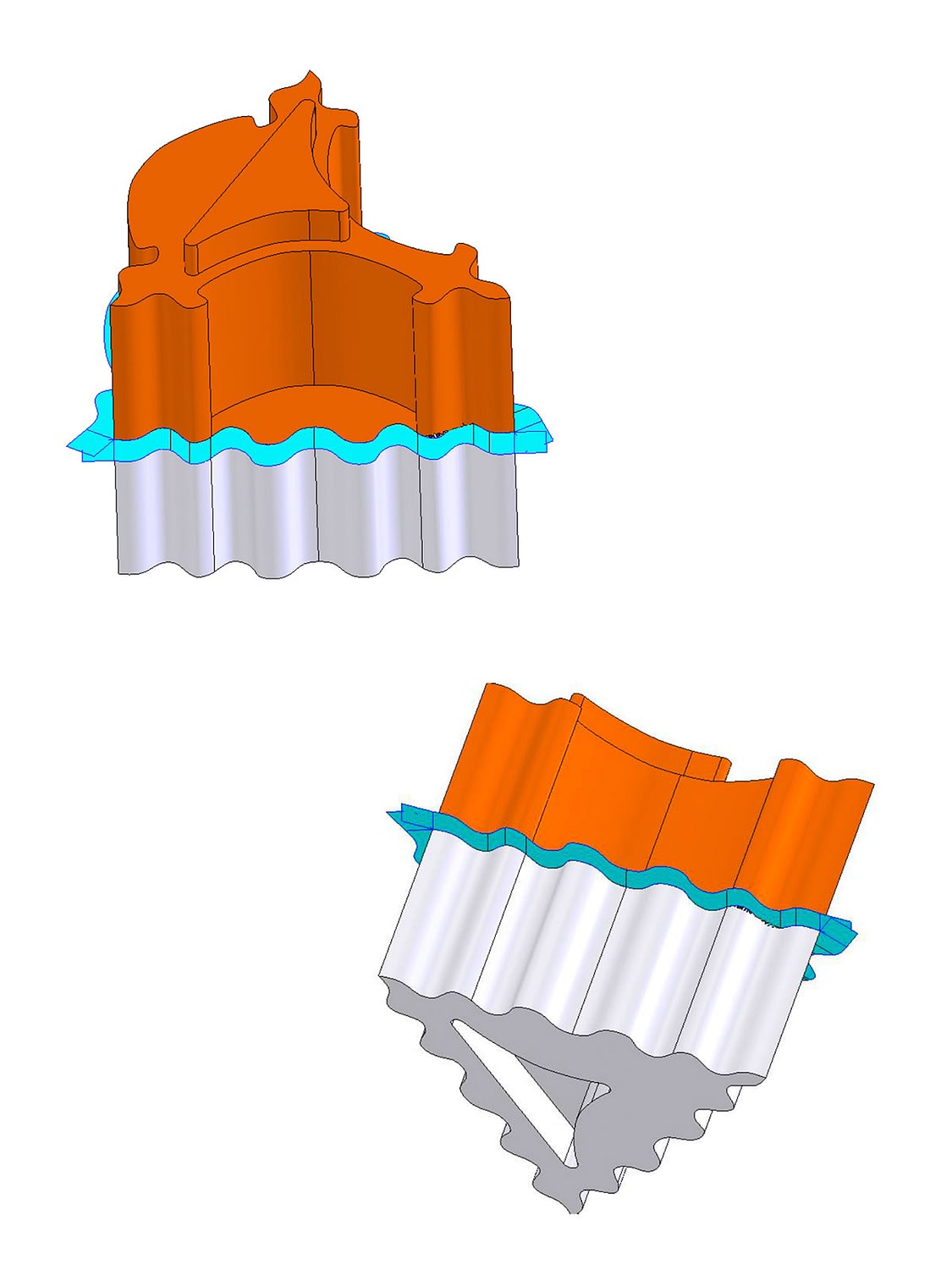Thu 15 Sep
14:30
Ruth Morrow, Newcastle University
Material Foundations
Miss Fabrication and Material Waste
This abstract responds to the challenge of #ConstructiveDisobedience, specifically the aim ‘to enable constructive experimentation from the core of the profession’. It does so by drawing on the experience and reflections of a 17 year-long design-led, feminist-informed, research-based, material practice, that has learnt from both successes and failures [Morrow, 2017]. The practice is a combination of material research experience some of which was patented and commercialised; some co-created with university students; and other elements funded by research councils and involving multiple and diverse disciplines and professions. Ultimately the tactics and partial arguments presented in this paper move towards a more fundamental and investigative understanding of materials in the built environment, chemically and biologically, in terms of material constitution, application, aesthetic-ethical values and manufacturing practices. This naturally positions the architect/designer at a very early stage of, what by necessity then becomes, a collaborative, multi-disciplinary process of material development. The picture presented here is, as yet, incomplete, but the intent of the paper is to share parts of the puzzle in order that we might respond collectively and directly, not as one profession but as one industry, to climate and resource emergencies.
The paper will draw specifically on the experiences of two projects from this material practice. Both have parallels, echoes and contrasts with one another, both deal with very different, yet impactful waste streams as sources of material, in relation to present concerns and potentially future climate-related problems. The first project begins with one of humankind’s most significant and intractable waste streams, plastic. The project, #Trans-plastics, used innovative mixes of recycled plastics together with organic waste streams and applied those materials to a ubiquitous, relatively low cost, polymer manufacturing process (rotational moulding) to create interlocking ‘circular’ building blocks [Morrow et al 2021]. The second project starts interestingly with a waste stream of non-humankind, microbial cellulose, secreted during a natural though scaled up process. This project, Microbial Cellulose Shingles, is part of a multidisciplinary research hub in biotechnologies for the built environment and attempts to understand the potential applications of this new microbial source of material that is biodegradable, biocompatible and able to be generated in any location without impact on existing food and material streams. The paper will present an honest and critical examination of these material technologies, revealing the challenges, unresolved elements and more significantly, the cultural shifts required in these forms of material development. Shifts that profoundly test and call into question current conventions and cultures in the industries and professions of the built environment.
Morrow, Ruth. 2017. “Material Witchery: Tactility Factory as a Site of Emerging Ethical Practice.” In Feminist Futures of Spatial Practice: Materialisms, Activisms, Dialogues, Pedagogies, Projections, edited by Meike Schalk, Thérèse Kristiansson, and Ramia Mazé, 75–90. Baunach: AADR - Art Architecture Design Research.
Morrow, Ruth, Peter Martin, and Chantelle Niblock, eds. 2021. Expanding the Upcycling Paradigm: ‘A Case Study in the Creative Use of Waste Streams and Waste Plastic in Interlocking Blocks’. 4th PLATE 2021 Virtual Conference Limerick, Ireland – 26–28 May 2021.

© Ruth Morrow

© Ruth Morrow
Ruth Morrow
Ruth Morrow is Professor of Biological Architecture. Her research is largely practice-based and encompasses both the material, the social and the ecological. It is driven by an inclusive, feminist ethos and uses tactics of creativity, collaboration and reflection. She has extensive experience in developing material ideas from concept through to commercialisation, resulting in international funding, design awards, exhibitions and citations. She is currently co-head of a new interdisciplinary academic initiative, School X, at Newcastle University, where she also co-leads the research theme: Responsible Interactions, in the Hub for Biotechnology in the Built environment.